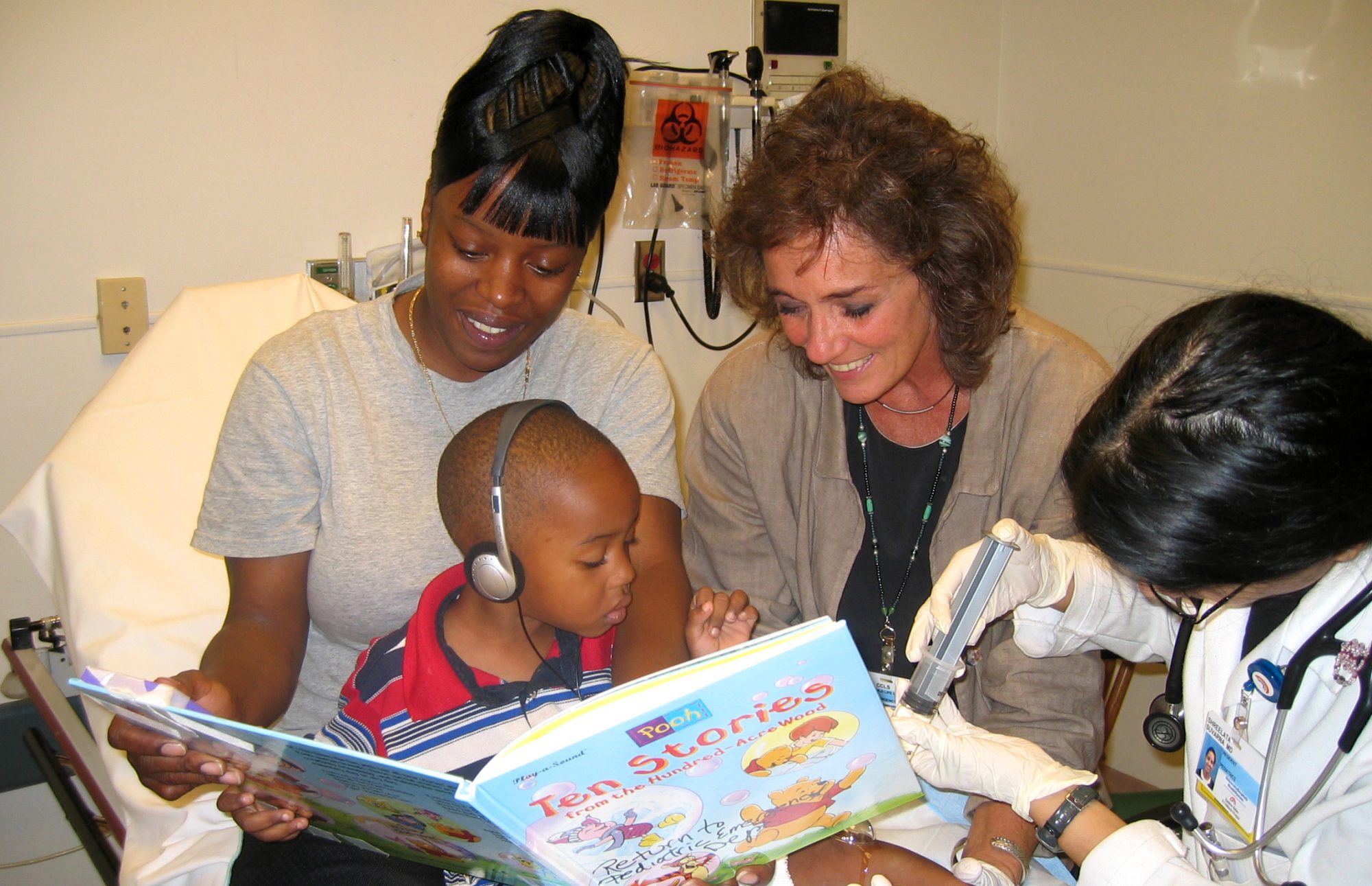 |
 |
If there is a specific concern or issue in your emergency department related to emergency care for children, you can ideally begin to improve care by addressing that specific issue. Consider creating a small group of appropriate individuals to address the concern. Frequently, hospitals also have some centralized resources/ expertise available to help with this process.
You might also consider the following general recommendations:
- Ensure that all pediatric patients are weighed in kilograms (and that your medical records reflect only kg documentation). This reduces medication and other weight-based errors.
- Have all nurses who work with infants and children get and maintain PALS certification.
- Consider offering Certified Pediatric Emergency Nurse (CPEN) certification for those nurses who primarily work with children in your institution.
See https://www.bcencertifications.org/Get-Certified/CPEN.aspx
- Create a process to have all pediatric asthma patients who require more than 1 albuterol treatment for an asthma exacerbation to receive steroids within 1 hour of presentation (e.g., oral dexamethasone).
- Develop a process in which pediatric patients with fever receive appropriate doses of acetaminophen or ibuprofen during triage or immediately after.
- Create a process to provide administration of analgesics within 30 minutes to pediatric patients with painful conditions.
- Develop a procedure to administer topical anesthesia prior to wound repair (e.g., LET gel) or intravascular access (e.g., EMLA Cream).
- Have staff view the educational video clips on this site to enhance care during pediatric procedures.
- Review charts to ensure that vital signs are repeated within 30 minutes of ED discharge, admission and transfer.
- Establish a process for reviewing concerns with pediatric patient care, including concerns brought to you by staff.
- Develop a monthly or quarterly educational offering (possibly based on concerns brought to you) that can be shared with all staff.
